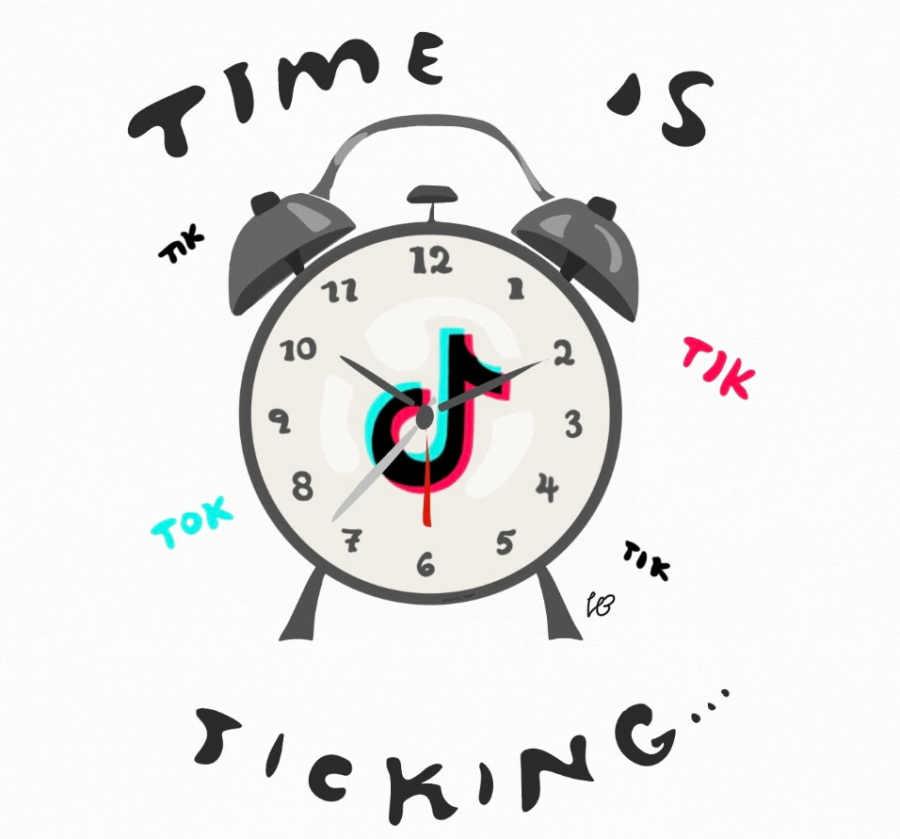TikTok Under Fire on Capitol Hill
The popular social media app TikTok is facing possible bans in Congress over national security concerns, regarding its Chinese ownership and therefore the Chinese government’s potential access to sensitive American user data.
TikTok is owned by ByteDance, an internet company based in Beijing. ByteDance is therefore subject to Chinese law, and theoretically, the Chinese government could demand that TikTok hand over American user data and use it for intelligence purposes or influence the platform to spread misinformation.
Phones are rife with apps like TikTok which collect and track data from users regarding their location, IP address, the type of device being used, and more. TikTok claims that they do not collect any more user data than America-based social media companies.
TikTok has already been removed from government devices in the United States, and in Australia, Canada, Britain, and more, for fear of espionage.
Several bills have also been introduced aiming to outlaw the platform in America outright, but face inherent issues concerning the First Amendment and free speech.
In February, Rep. Michael McCaul of Texas introduced the DATA Act to the House. This bill calls out TikTok and China by name and would grant the Biden administration power to prohibit the app nationwide. The legislation has been approved by the House Foreign Affairs Committee but has not been passed in the House. The Trump administration previously tried to ban the platform using similar executive powers, but was blocked by federal courts.
On March 7, Sen. Mark Warner introduced the RESTRICT ACT to the Senate. It would give the Secretary of Commerce broad powers to regulate tech produced by adversarial countries, including Russia, North Korea, and critically, China. There is large bipartisan support for the RESTRICT Act, with 25 senators currently co-sponsoring it. It has yet to be discussed at the committee level, much less passed by the Senate.
Shou Zi Chew, TikTok’s CEO, testified before Congress for 5 hours and stated that “There are more than 150 million Americans who love our platform and we know we have a responsibility to protect them.” He made commitments to “keep safety, particularly for teenagers, as a top priority… and [protect] U.S. data from unwanted foreign access.” He maintained that “TikTok will remain a place for free expression and will not be manipulated by any government.”
According to the Pew Research Center, half of adult Americans support the government in banning the app, with 22 percent opposing it, and over a quarter remaining unsure. The poll shows that those aware of TikTok’s connections to China are more than twice as likely to support the ban. Users of the platform are much more likely to oppose the proposal, yet 19 percent back it.
The Biden administration released a statement last month endorsing the RESTRICT Act because it “would empower the United States government to prevent certain foreign governments from exploiting technology services operating in the United States in a way that poses risks to Americans’ sensitive data and our national security.” It goes on to say that the administration will “look forward to continue working with both Democrats and Republicans on this bill, and urge Congress to act quickly to send it to the President’s desk.”
It is a long road before any of these bills make it to the Oval Office, but the time for TikTok to remain unregulated could be running out.

Katherine Schlueter is a senior and an Editor-and-Chief of The Glen Bard. She is also an Eagle Scout, and enjoys reading, camping, listening to music,...








